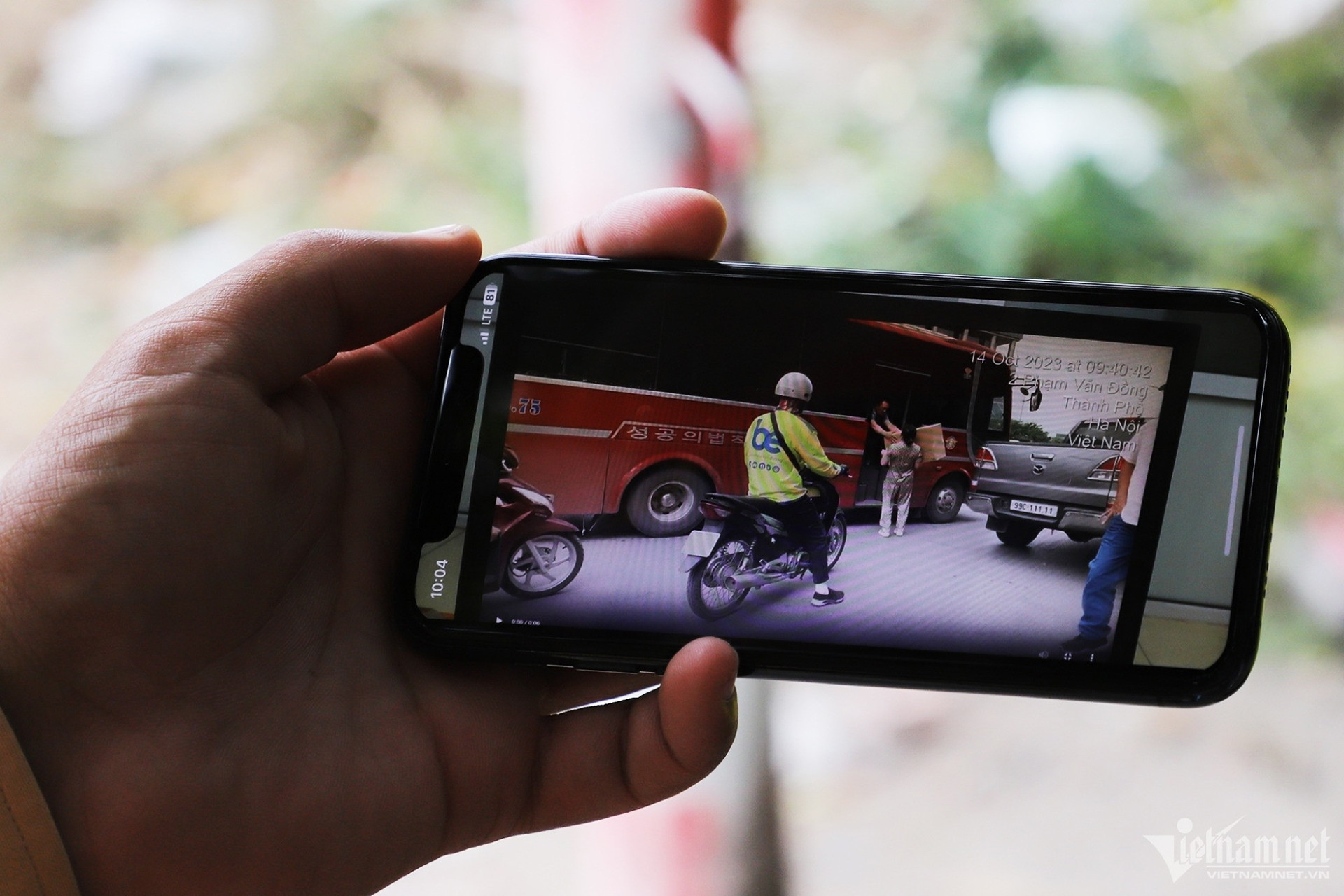
Decree 176, which took effect on January 1, 2025 allows the Ministry of Public Security (MPS) to provide financial rewards to individuals and organizations that provide information on administrative violations related to traffic order and safety.
Under the new legal document, informants can receive up to 10 percent of the administrative fines imposed on violators, but the amount must not be higher than VND5 million for each case. The Traffic Police Department is drafting detailed regulations to guide the payments and outline criteria for compensation.
Lawyer Dang Van Cuong said the payment to informants to encourage people to provide information about traffic violations is a reasonable idea. However, it would be better to apply the regulation on a trial basis first, draw experience from and adjust the regulation to fit the real situation.
Cuong noted that the policy will encourage citizens to report traffic violations to the police; get more information to handle traffic violations, and at the same time heighten people’s awareness of traffic safety.
With the new mechanism, the traffic will be supervised not only by the police and competent agencies with specialized equipment, but also by people.
The fact that people may pocket up to VND5 million for every traffic violation case found will prompt many people to become ‘bounty hunters’.
However, purposeful filming to record traffic violations to earn rewards could lead to societal conflicts. While implementing social responsibility or seeking personal financial gains, people must respect privacy and image rights of individuals in public spaces.
The act of capturing traffic violations might inadvertently record unintended personal or private information, potentially leading to breaches of individual honor, dignity, and reputation. Such actions would constitute legal violations if personal information is captured and misused.
Cuong also warned of potential conflicts between those recording incidents and traffic participants. Filming others without consent is only permissible when there is clear evidence of people’s legal violation, undertaken to protect public safety and interest.
Therefore, only images capturing actual traffic violations can be archived and used for reporting to authorities. "The law strictly prohibits indiscriminate recording of traffic participants and using such data for unlawful purposes," Cuong stressed.
He further expressed concerns about possible fabricated or staged incidents aimed at fraudulently earning rewards, causing difficulties for competent agencies in discovering and handling violations.
Intentional acts that hinder law enforcement or exploit new legal provisions for gain must face strict penalties.
Providing false information to authorities can result in administrative penalties if it disrupts regular agency operations. If it obstructs official duties, criminal charges could also apply. Authorities need to issue guidelines, maintain oversight, and establish mechanisms to protect informants.
Increasing penalties
According to Cuong, theoretically, the law reflects societal consciousness, and the content of the law depends on societal conditions. When adherence to the law is poor, stricter sanctions are necessary.
The government has issued Decree 168/2024 to replace Decrees 100 and 123 concerning administrative penalties in the road traffic sector. The most noteworthy feature of the new decree is heavier sanctions on traffic violators.
Many traffic violations now incur penalties that are multiples of those stipulated in the previous regulations. Cuong affirmed that setting higher sanctions on violators is a necessity, because relying solely on education and awareness heightening campaigns is insufficient.
To deter violators, applying a comprehensive approach combining education with coercive measures and increased penalties is needed.
He stressed that when legal compliance in a particular area is poor, and educational efforts have failed, thereby risking societal instability, increasing sanctions becomes crucial.
When Decree 168 was issued with heavier fines, many analysts warned that steep penalties could lead to increased corruption in traffic violation handling, and that the heavy sanctions are unsuitable to Vietnamese income levels.
Cuong disagreed with the analysts, saying that these are just excuses for those who often break traffic laws.
On some forums, many members have repeatedly complained about overly high fines. People who run a red light have to pay a fine equal to the value of a motorbike or one-month salary.
Theoretically, poor legal compliance demands stricter penalties. Furthermore, there is connection between administrative and criminal sanctions. If administrative penalties are light, this will lead to serious consequences, thus requiring more frequent criminal applications.
To reduce criminal sanctions and enhance preventive measures, it’s necessary to increase administrative penalties for greater deterrence and general prevention.
Vu Diep